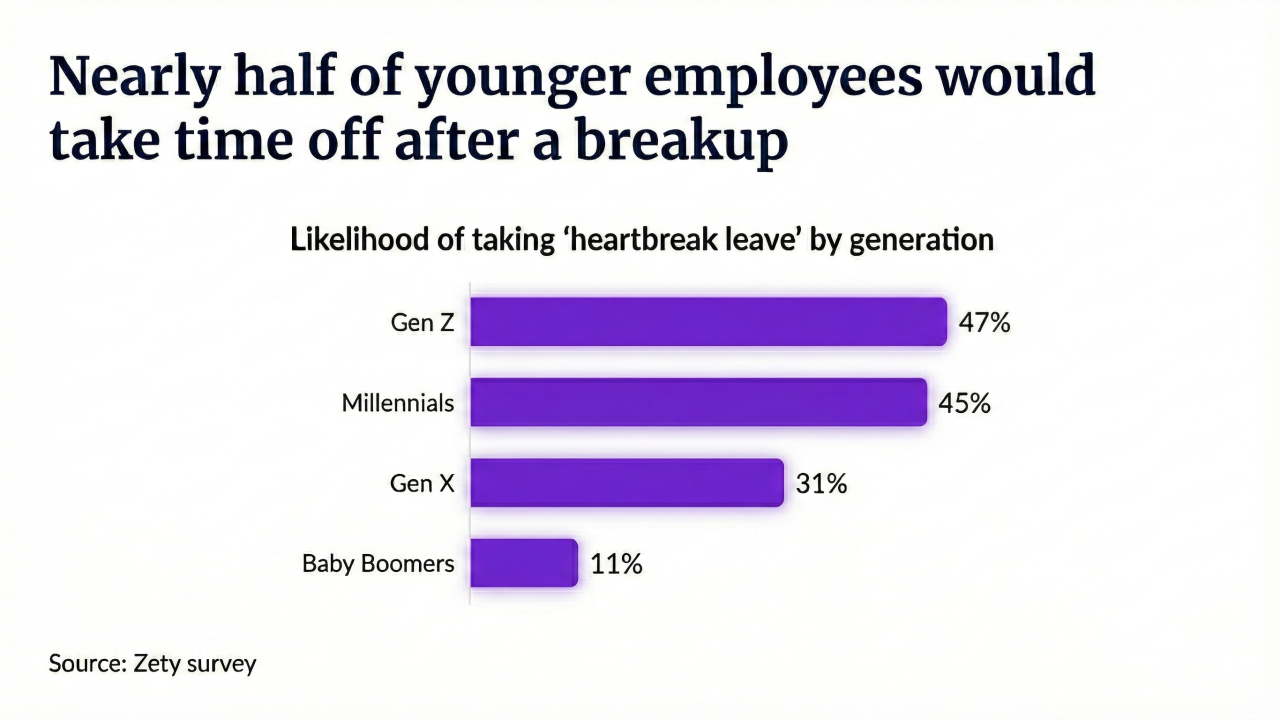On January 24, 2012, the Acting General Counsel of the National Labor Relations Board issued a
In sum, the Board remains highly critical of most broadly worded policies seeking to regulate online comments that disparage employers, supervisors or co-workers, but recognizes that employee postings not clearly part of, or looking toward, group action are unprotected and the proper subject for discipline. Thus, the report delivers something of a good news/bad news message for businesses.
First, the (relatively) good news: Consistent with established case law, individual “griping” is insufficient to invoke NLRA protection. Thus, for example, a Facebook posting of a purely individual complaint, made with no intention to induce co-workers into group action and not resulting from a group discussion of terms and conditions of employment, is not protected group or “concerted” activity. In the same vein, online expressions of personal anger or irritation with co-workers or an employer, made solely on the posting employee’s own behalf and not involving the sharing of common employee concerns, are not protected, concerted activity. Conversely, group discussions of workplace concerns generally will be protected.
Next, the bad news: the Board continues to view as impermissibly overbroad policies that generally prohibit “disparaging” or “inappropriate” comments, “disrespectful” conduct or the disclosure of “sensitive” or “confidential” matters. The inclusion of a “disclaimer” or “savings clause,” which pledges that the employer will not enforce its policy in violation of law, is insufficient to rescue an otherwise overbroad rule.
Only policies that provide specific examples of prohibited conduct, or other “contextual limitations,” will be approved. For example, a policy that proscribes the use of social media postings that are vulgar, obscene, threatening or intimidating, or which violate other specific employer policies, will be lawful because the prohibitions are sufficiently detailed. A policy that requires compliance with securities regulations and other laws prohibiting the unlawful use or disclosure of confidential or proprietary information is lawful, because contextual limitations within the policy adequately define the prohibited conduct.
Social media under the NLRA remains an emerging area of the law and employers must tread carefully when drafting workplace policies that address employee participation in Facebook, Twitter and other online forum. Because the NLRA protects the right to take action for “mutual aid and protection” in both union and non-union workplaces, the NLRB’s ongoing social media analysis will have a far-reaching impact on workplaces across the nation.
For more information, please contact Denise M. Keyser, Partner at Ballard Spahr LLP, at 856-761-3442 or keyserd@ballardspahr.com, or Associate Mary Cate Gordonat 856-761-3464 or gordonmc@ballardspahr.com.





